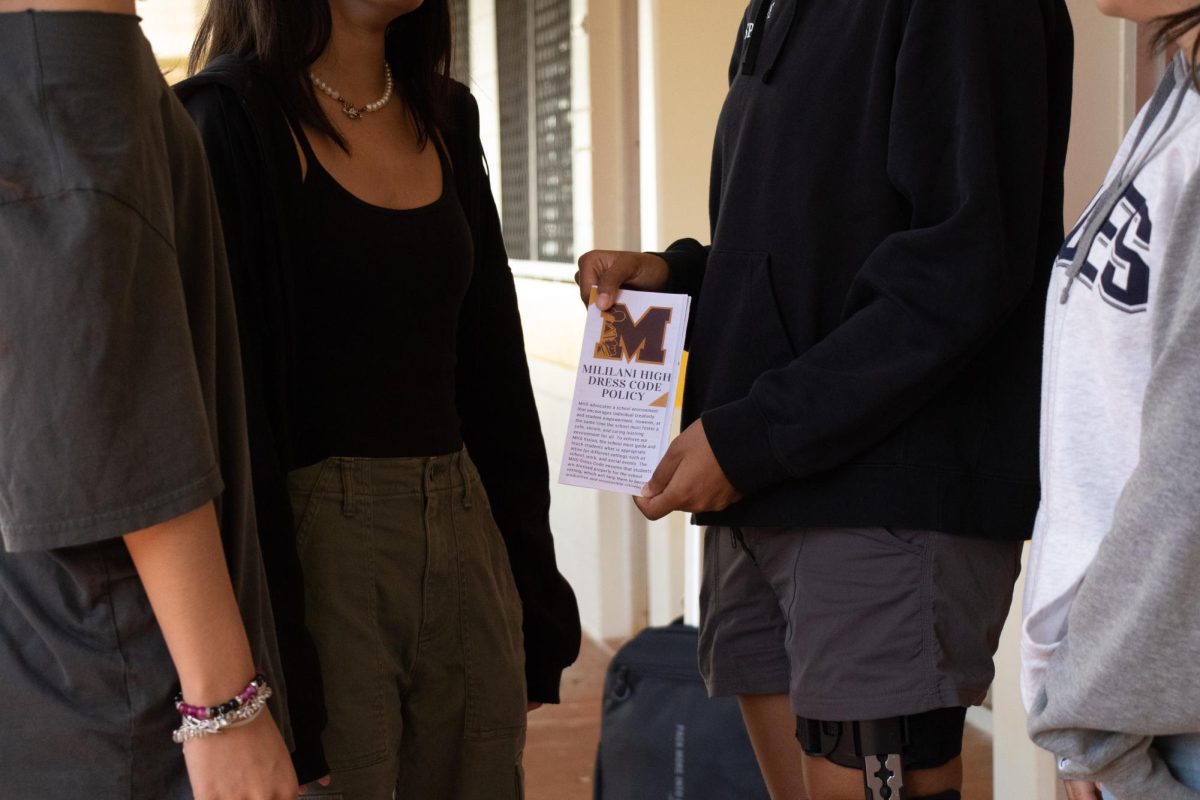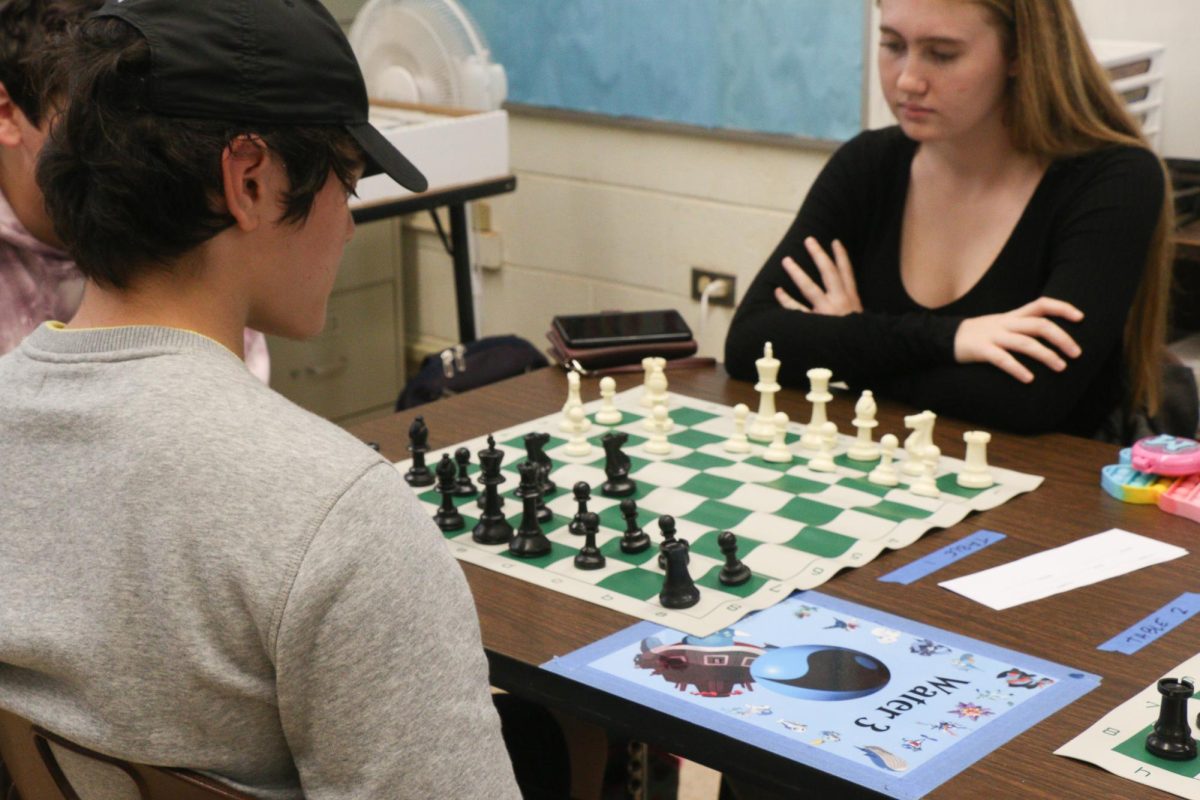On Jan. 7, French satirical magazine Charlie Hebdo suffered a terroristic attack that resulted in the deaths of 12 people, including several prominent cartoonists and two police officers. The magazine, known for its iconoclastic style, had been attacked in the past by those feeling it had crossed the line of satirizing religion, such as publishing caricatures of the prophet Muhammad, although Muslims weren’t the only ones for which commentary was published. In the wake of the killings, many cartoonists around the world responded by producing a multitude of illustrations demonstrating their solidarity for the magazine and its freedom of expression.
Global dialogue was only to be expected and after comments from several world leaders, the question became clear: Where do we draw the line between being respectful and being free to speak? While he condemned the violent retaliation, Pope Francis stated, “You cannot provoke. You cannot insult the faith of others. You cannot make fun of the faith of others.” British Prime Minister David Cameron disagreed. “I think in a free society, there is a right to cause offence about someone’s religion,” he said. “We have to accept that newspapers, magazines, can publish things that are offensive to some, as long as it’s within the law.”
Cameron makes an interesting point; as opposed to the Pope’s belief that no one should discuss religion negatively, Cameron says the press has the right to publish potentially offensive material. When taking into consideration the press’s ability to provide vital information, despite the volatility of a topic, this should be upheld. However, because of the credibility it’s entrusted with, the press is also placed under more scrutiny. And on the individual level, the scope of what can and can’t be said is even more limited because a person’s words are more likely to be perceived as wholly opinionated.
The line between offensive, albeit free, speech and actual dangerous language is a thin one. For example, while threatening a person definitely falls under the category of going too far, what if those threats aren’t made verbally? Take Anthony Elonis, who posted a series of graphic threats on Facebook about things such as killing his wife and attacking an FBI agent. While Elonis was convicted of making threats of violence and sentenced to four years in prison, he insisted that his posts were merely rap lyrics.
The case of Osiris Aristy takes things a step further. He was arrested on Jan. 18 for Facebook posts in which he made terroristic threats against police officers. However, the only direct references to law enforcement in the posts were a series of emojis. While he most likely won’t be convicted, Aristy’s case has joined Elonis’s and many others in the legal system that pose the same question – do a speaker’s intentions determine the interpretation of their words or is meaning dependent on the audience?
In our society, it seems like it is the audience that serves as the arbiters. This is actually beneficial, in a way, because when it comes to those who have been accused of expressing excessively rude views, citing “free speech” doesn’t have to stop the audience from pointing out that just because they’re allowed to say something doesn’t mean they should have. And that’s what it all comes down to, really. Just because we have the ability to say things doesn’t mean we should. And using freedom of speech in an attempt to dodge condemnation is just an excuse to avoid taking responsibility for our words, which is so trivializing for one of our most valuable rights as a people.
Instead, we might as well just revert to the default solution of our childhood: If we don’t have something nice to say, don’t say anything at all. Just to be sure. That’s what we’ve always been taught. Be respectful, be polite.
However, that doesn’t mean the right to speak out should be taken from us nor should we neglect to practice it. It’s just that we need to find the right things to talk about. We must speak when it’s important, when it’s necessary, when it’s going to change the world for the better. What those topics are and when those times come are subjective. Charlie Hebdo published what they did because they felt it was important. All newspapers and magazines operate on the belief that it is important they do so. We should all put careful thought into what we believe to be of importance because those are the issues we should save truly unrestrained speech for.







